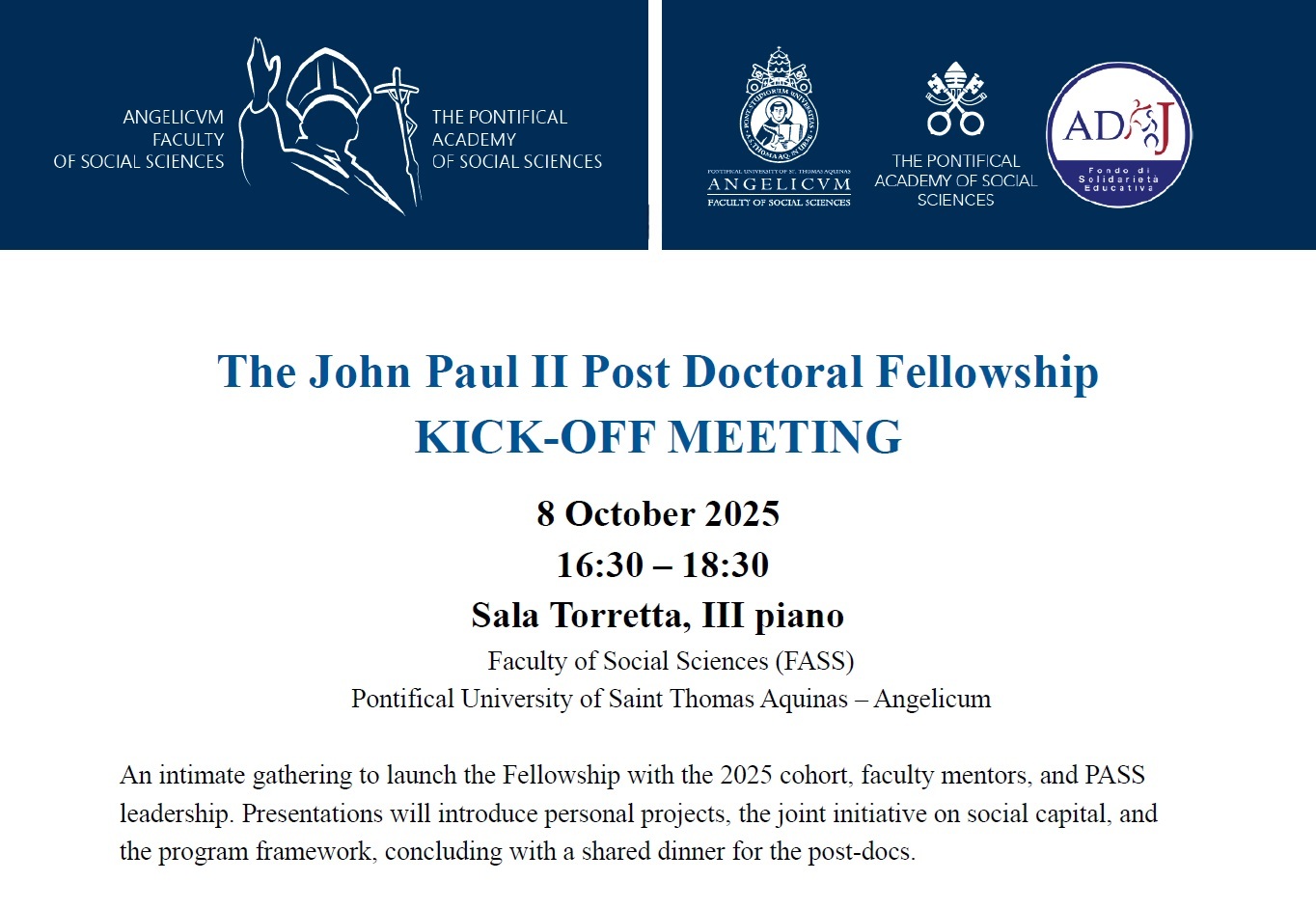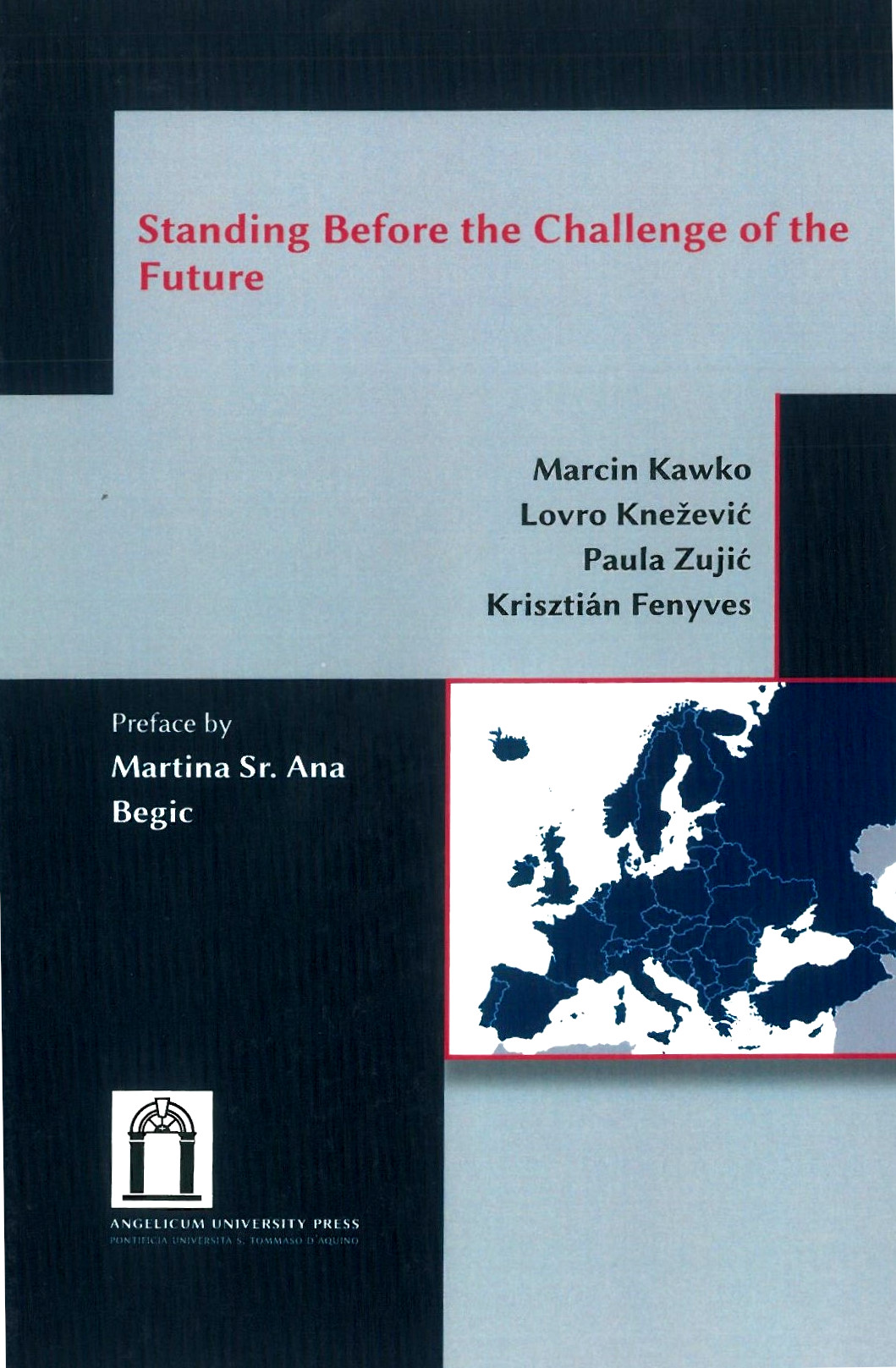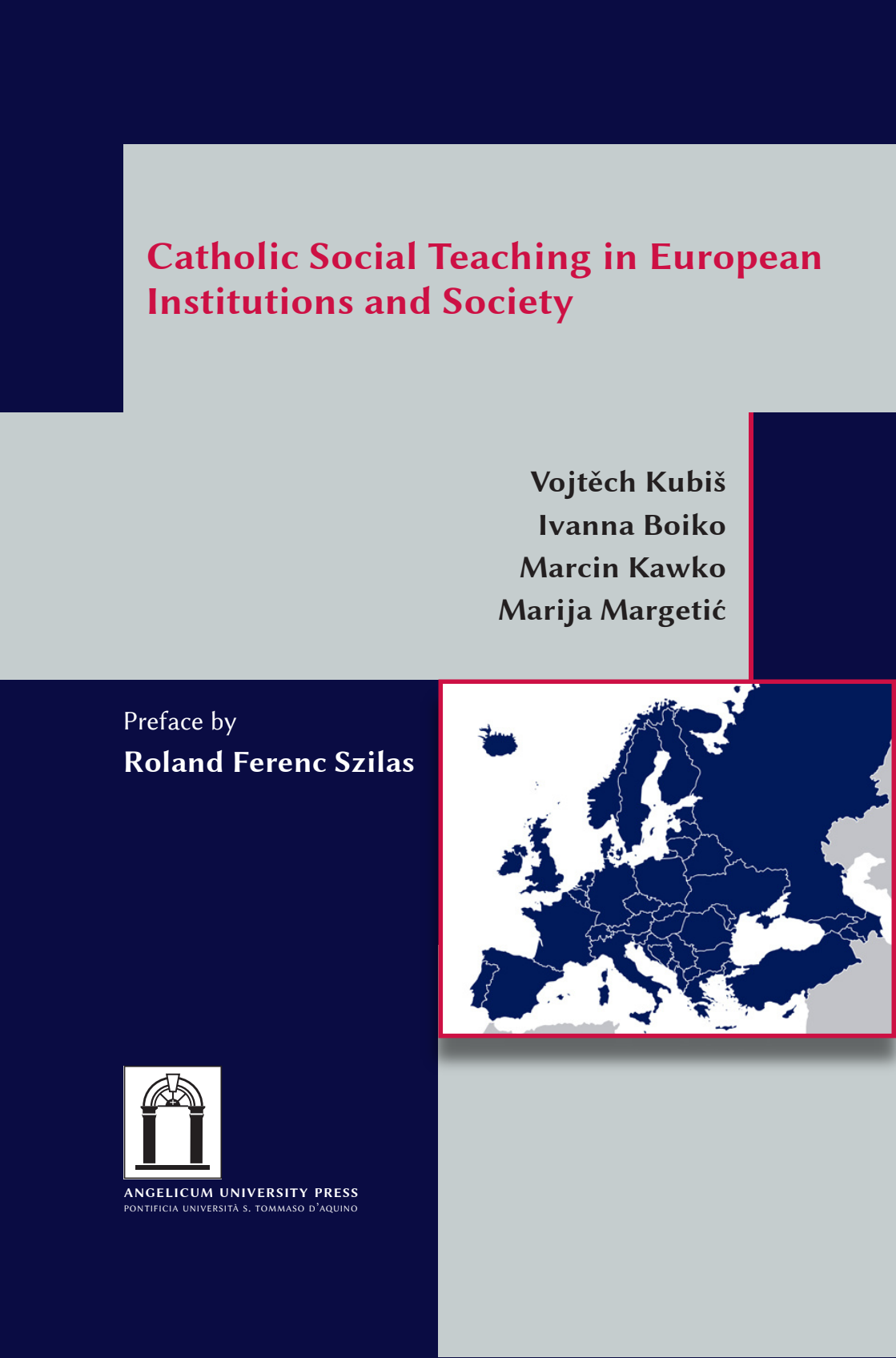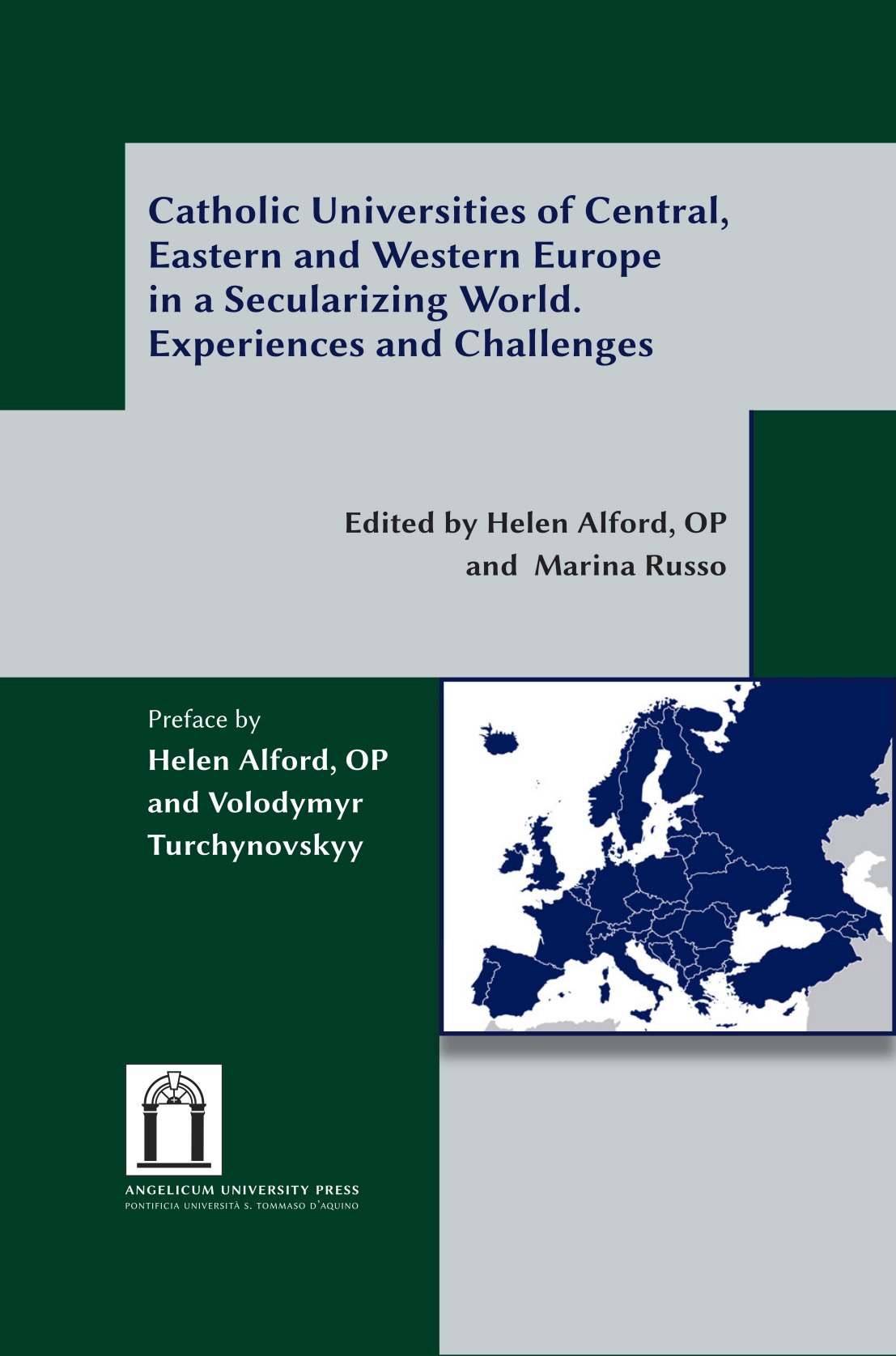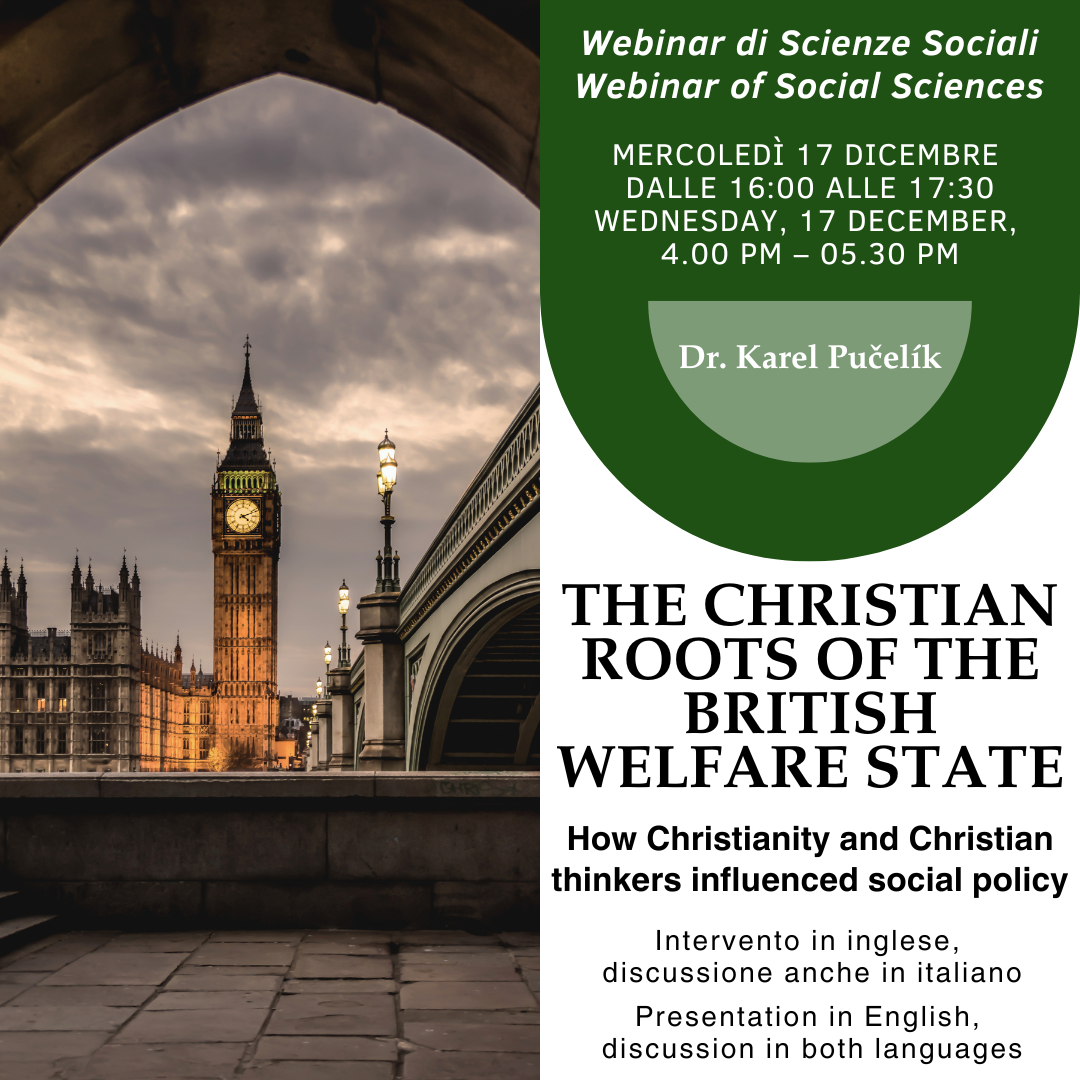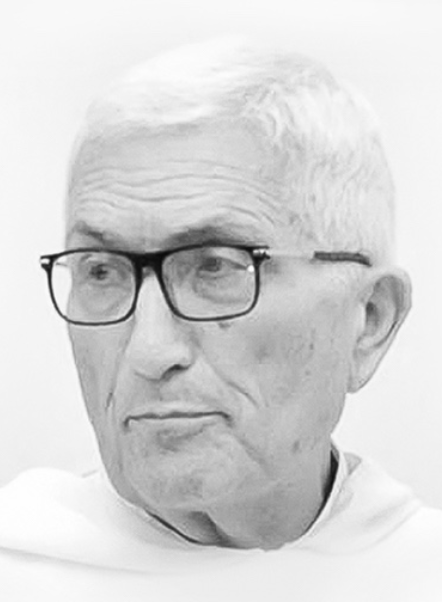|
Restoring People's Humanity Mateusz Basiejko |
Introduction
 In this paper I will briefly describe a particular dimension of serving the poor: helping them to reconcile with themselves, with the world, and with God, through restoring their lost sense of humanity.
In this paper I will briefly describe a particular dimension of serving the poor: helping them to reconcile with themselves, with the world, and with God, through restoring their lost sense of humanity.
Firstly, I will explain what I mean by restoring one’s humanity and what are the ways one can lose it. Then I will shortly outline the main points regarding serving the poor from a Jesuit perspective, which helped me to develop my reflections on this issue. And finally, I give two condensed examples of practical applications based on my own experience in working with the poor.
1. Restoring people’s humanity
Through the experience of being and working with the poor, homeless, lonely and excluded one can discover an unacceptable process of dehumanization. Somewhere along the way through life’s struggles, trials, pains and lost battles the poor, by having been excluded, get their heads and hearts around this very counterfactual message: they are not equal as humans to other people. They are humans of second category, or even worse, that they are not humans at all. They start to think and believe they are just human trash. It is not because of their difficult life situation but because of what they hear about themselves from other people and how they are treated by different groups, organizations or even governments. From all over, they can hear that their life doesn’t mean anything to anyone, that it’s unnecessary and altogether rubbish – not only figuratively but literally as well.
Taking care of the poor is not a recent discovery of Pope Francis’ preaching. It was always present in the Church. We read in the Bible in the Letter of Saint James that “pure, unspoilt religion, in the eyes of God our Father, is this: coming to the help of orphans and widows in their hardships, and keeping oneself uncontaminated by the world” (New Jerusalem Bible, James 1:27). According to this definition it is clear that the pious and religious person is not the one who prays a lot, but the one who takes care of ‘orphans and widows’ i.e. all who can be described as ‘poor’ and/or ‘excluded’ in a broad understanding. We see the same in Matthew 25:31-46, when Jesus gives a sermon on the Last Judgement. “In truth I tell you, in so far as you did this to one of the least of these brothers of mine, you did it to me” (Matthew 25:40). Important here is that all those deeds are done not because of Christ himself, as He is not recognized in the poor, nor because of the fear of the Last Judgement, nor by the fruitless effort to earn God’s grace, but are done out of pure Christian love.
Christian love is an essential part of any good work that aims to help the disadvantaged. It’s the source of Christian service and a channel through which God’s grace can work within a person to change his heart and restore life and humanity. “The thief comes only to steal and kill and destroy. I have come so that they may have life and have it to the full” (John 10:10). There are many ‘thieves’ who try to destroy humanity in the poor. The work done by God’s people, along with physical and material support, should help to bring back the fullness of life, restore the damaged sense of one’s own humanity and rebuild the image of God (Genesis 1:26-27). It happens not by preaching with words but by a gentle presence, human relationships, and bringing the hope and joy of the Gospel in simple actions and in a tender friendly attitude.
The most meaningful and necessary work which can be done for the poor is to reconcile them with themselves, with the world and with God. It is to show them their real identity as children of God and rehabilitate them from their state of dehumanization. To bring the outcasts back into the society as Jesus did when He healed the leper (Mark 1:40-45). And one of the types of ‘leprosy’ is the ostracism of the old and sick, the poor, homeless, addicts and migrants.
2. Jesuit paradigm
For Jesuits taking care of the poor is one of their own important characteristics. It is not only emphasized in the recent documents of the Society, but goes all the way back to the beginnings of the Order, to the First Fathers and, even more deeply, to the experience of the monthly silent Spiritual Exercises. Pope Francis has reminded us that, as Jesuits, “we are called to find Christ in the poor, to lend our voice to their causes, but also to be their friends, to listen to them, to understand them, and to embrace the mysterious wisdom which God wishes to share with us through them” (Address of Pope Francis to GC 36, 24 October 2016). The first decree of the 36th General Congregation entitled “Companions in a mission of reconciliation and justice” lists three calls of Christ the Eternal King to Jesuits. One of those calls is ‘Reconciliation within humanity’ (36th General Congregation Documents, page 21). It says that “we hear Christ summon us anew to a ministry of justice and peace, serving the poor and the excluded and helping build peace” (36th General Congregation Documents, page 21); and in another place: “The letter of Father General Adolfo Nicolás on reconciliation and the teaching of Pope Francis have given this vision greater depth, placing faith, justice, and solidarity with the poor and the excluded as central elements of the mission of reconciliation.” (36th General Congregation Documents, page 19).
For Jesuits being with and working for the poor grows out naturally from the experience of the Spiritual Exercises. There are two big moments especially. The first one is contemplation of the incarnation during the First Week of the Spiritual Exercises in which one should “see and consider the Three Divine Persons, as on their royal throne or seat of Their Divine Majesty, how They look on all the surface and circuit of the earth, and all the people in such blindness, and how they are dying and going down to Hell.” (SE 106) and then one is invited “to hear what the persons on the face of the earth are saying, that is, how they are talking with one another, how they swear and blaspheme, etc.; and likewise what the Divine Persons are saying, that is: «Let Us work the redemption of the Human race»” (SE 107). The second one is the final exercise called “Contemplation to gain love” in which one is to “consider how God works and labors for me in all things created on the face of the earth – that is, behaves like one who labors – as in the heavens, elements, plants, fruits, cattle, etc., giving them being, preserving them, giving them vegetation and sensation, etc” (SE 236). By this practice one sees one’s own being ‘poor’ and God who nevertheless works for him. This gives birth to the wanting to imitate God which starts to allow God’s love to grow within the person, so that that person too can work for the poor.
This second call which is an answer to the crises of dehumanization, in the Jesuit view, is connected with the third call which is ‘Reconciliation with creation’ (36th General Congregation Documents, page 22). It says: “Pope Francis has emphasized the fundamental connection between the environmental crisis and the social crisis in which we live today. Poverty, social exclusion, and marginalization are linked with environmental degradation. These are not separate crises but one crisis that is a symptom of something much deeper: the flawed way societies and economies are organized.” (36th General Congregation Documents, page 22). It allows us to see all those issues as part of one world and one service. Work for the environment is connected by this point of view to being part of our work for the poor.
3. Examples of practical application
A. Homeless people
I have worked for and with homeless people in different settings in Dublin (Ireland) as well as Cracow (Poland) and Warsaw (Poland). Except for material support, the greater part of the work was spending time with them. In those simple conversations on everyday things like weather, sports and sometimes the Gospel, a lot more happened than one could see or expect. On some occasions they would express their gratitude for those small talks as they could feel like normal people, accepted, and not excluded. One of them admitted once that he remembers nothing from the main chaplainìs sermons, but he does remember when he was told to refer to the priest by his first name and not by the usual ‘reverend father’. This simple human relationship helped him bring back some humanity, which had been lost a long time ago.
B. Old, sick and lonely
I have set up a group of young adult volunteers who on a regular basis visit the old, sick and lonely in our parish in Warsaw. Due to their poverty, old age and often sickness, those people become socially excluded and extremely lonely, often feeling unnecessary for anyone and even meaningless to themselves. By the regular visits of volunteers, they become cheered up, and some of them decide to go out of their flats for the first time in years. They’ve gained not only support in small house tasks but, even more importantly, human relations and new friends.
What is more, it turned out that the program is very beneficial for the volunteers who, by the work they do and people they encounter, grow immensely as people for others. Volunteers learn from their own experience what unconditional love means. Furthermore, by leaving their comfort zones they very often change and broaden their worldview. While they help to reconcile and rehumanize the poor with the world, they gain a similar increase of humanization in their own hearts.
Conclusion
Human relationships are the most important part of our life. We cannot live without them and without them we lose all hope, life energy, and our humanity. The poor of the modern world are not only lacking material goods, but are often poor as well in the spiritual and relational dimension.
Our service to God’s people should thus be composed of both of those aspects. It’s not only the need that is out there, but it’s a call of God the Father of Mercy who reconciled the world with Himself through the death and resurrection of his Son and now wants to continue this work though our hands.
Mateusz Basiejko
 IT
IT  EN
EN 
